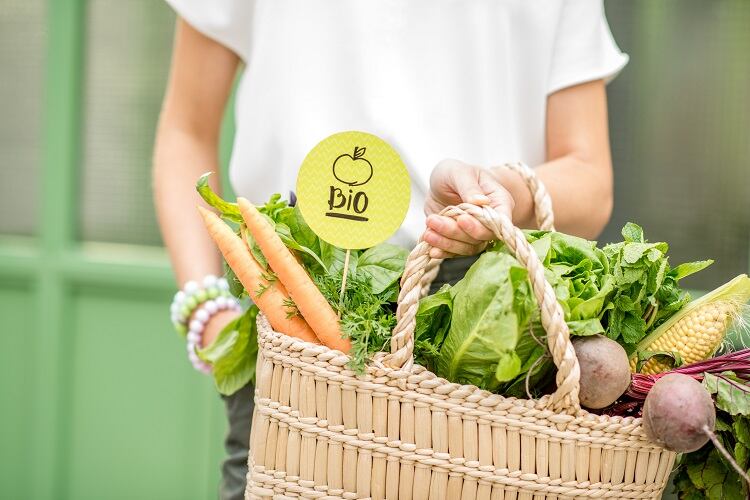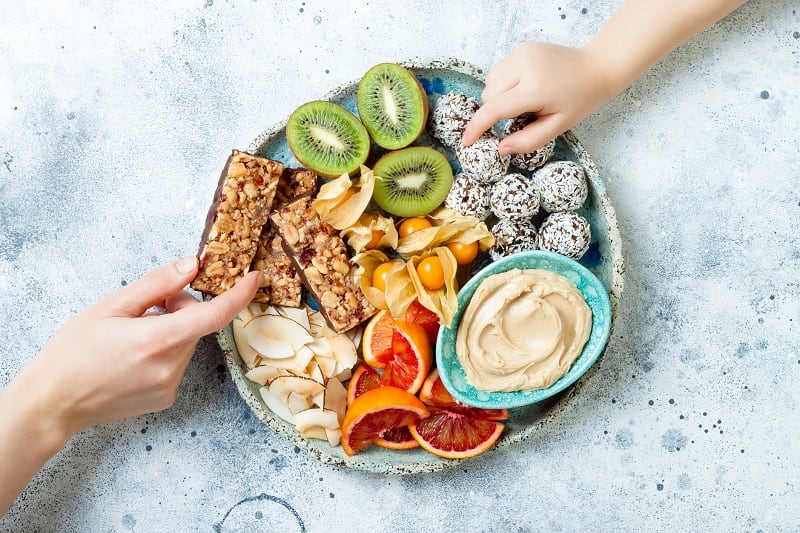From the plant-based boom, to food tech innovations and the fight against food waste, here is our rundown of the top ten most read stories of 2019.
©Stock/Iscatel57

From the plant-based boom, to food tech innovations and the fight against food waste, here is our rundown of the top ten most read stories of 2019.
©Stock/Iscatel57
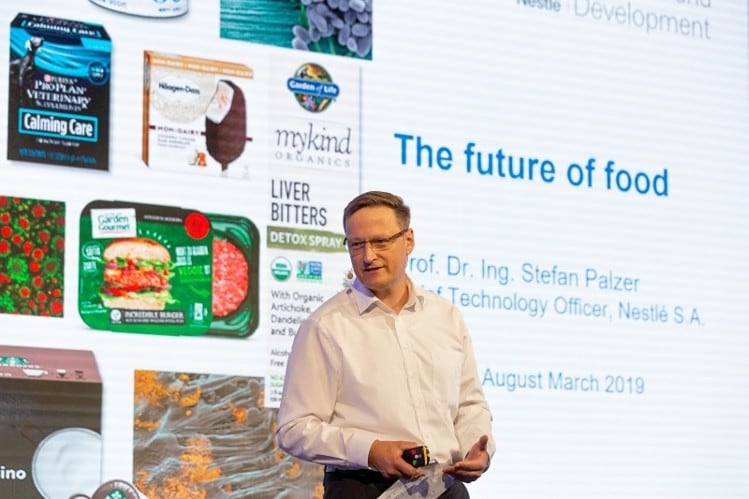
The food industry is undergoing a fundamental shift. As the chief technology officer of the world's largest food company put it: 'food is getting cool'.
“We are seeing dramatic changes happening in the business. We see fragmentation and many small start-ups. Food is somehow getting cool. You see that in food blogs and TV. Food is a very attractive topic," said Nestlé chief technology officer Stefan Palzer.
This is presenting challenges and opportunities. And Palzer’s take on what these are proved popular among FoodNavigator’s readers. He stressed that innovation and variety are more important than ever as consumer expectations fragment.
What are Nestlé innovation priorities? Plant-based product development, biodegradable plastics and cutting carbon emissions.
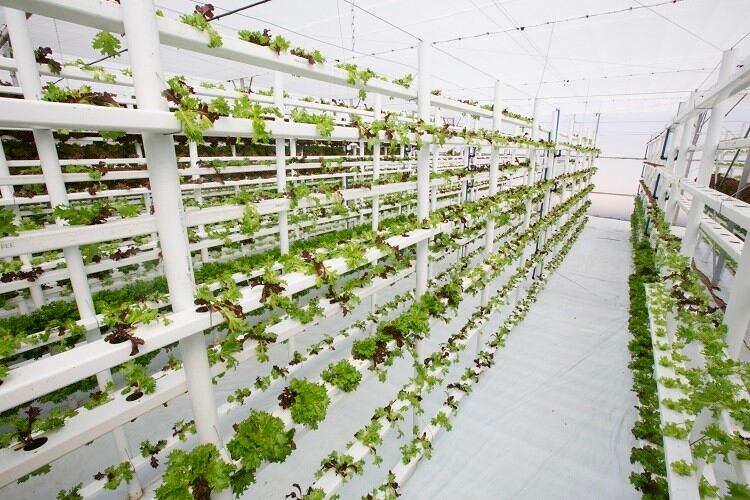
Vertical farming has been hailed as a potential solution to sustainability issues, allowing increased plant production on land that would otherwise not be suitable for agriculture.
However, because they rely on artificial lighting, there are concerns that the technology could actually have a negative overall impact due to high energy use.
Taking the amount of energy, water, and CO₂ required for production into consideration, do vertical farms make technical and financial sense?
Researchers in the Netherlands are calculating the feasibility of vertical farming in urban areas. “The main goal is to put a figure on vertical farming,” Wageningen University & Research’s Luuk Graamans told FoodNavigator.
The million dollar question: Is vertical farming the solution to feeding more than 9 billion people by 2050?
“In my view, vertical farming can provide a new, additional element to food production.
“It won’t be the final solution to shift everything into the vertical farming model. That simply isn’t the most efficient way of food production,” responded Graamans.
“In order to truly tackle the food issues presented by the UN, for the development towards 2050, the solution will likely have to be a combination of open field production, greenhouse production around cities, and fresh food production in the city.”
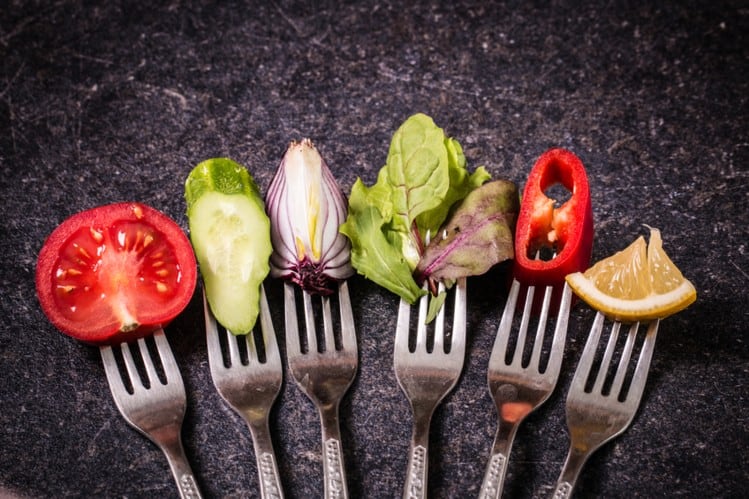
Diet and health and the shift to plant-based were massively important - and often inter-related - subjects in 2019.
This article, looking at the relationship between plant-based diets and health caught your attention, proving popular with FoodNavigator readers.
Commenting on a study that found plant-based diets cut heart failure risk by over 40%, Dr Gemma Newman, a UK-based GP and advocate of a plant-based diet, said that there is clear evidence that cutting meat consumption is positive for heart health. However, she noted, while plant-based diets might be good for heart health, not all plant-based diets are healthy.
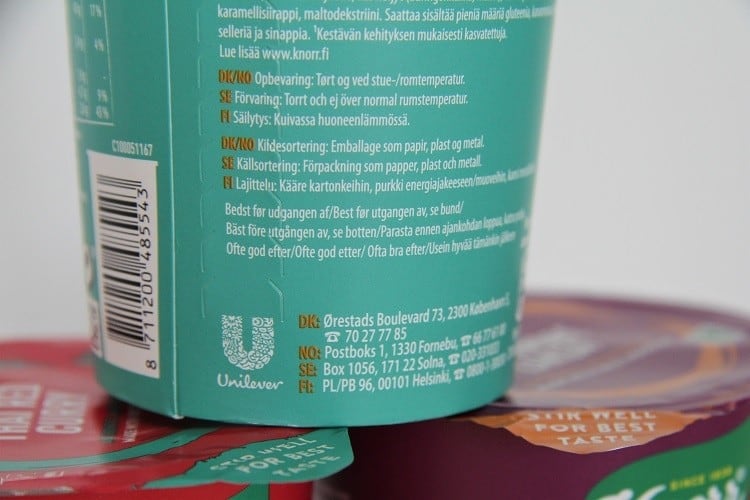
This story saw us bring you breaking news that Unilever is placing a new packaging label directly after the ‘best before’ text on certain food products: ‘often good after’.
The initiative, developed in collaboration with Too Good To Go and industry players, aims to reduce food waste at the consumer level. And, with food waste firmly in the spotlight over the past 12 months, it certainly caught the attention of our readers as the most shared story in 2019 across social media platforms Facebook and Twitter.
“53% of Europeans don’t know the difference between ‘best before’ and ‘use by’ when it comes to food labelling,” Too Good To Go said CEO Mette Lykke. “Therefore, we decided to team up with a number of food manufacturers to rethink the scheme. ‘Best before’ is a guideline that has to do with the quality of the food. It is still safe to eat when the date expires, and it is up to the consumer to use their senses and common sense. We wanted to clarify that by adding ‘often good after’ to the date labelling.”
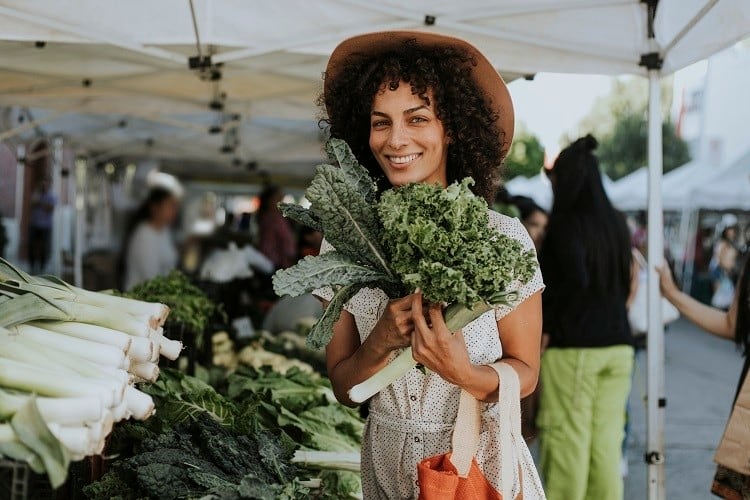
We often talk about the plant-based trend. But to understand what is propelling it, we must first understand that a diverse range of consumers are contributing to the growth of the market.
Sharing insights at the Sustainable Food Summit in Amsterdam, Givaudan innovation director Thomas Ullram revealed the company has identified five consumer profiles that make up the plant-based trend.
The healthy hardcores: This group is eating plant-based foods primarily for health reasons. They are generally apathetic about the ethics of veganism, noted the Givaudan report. “We’ve seen a lot of sportspeople like Lewis Hamilton who are vegan. They give the perception to consumers that it’s more healthy.”
The value hunters: Students make up a big part of this category. “The other important thing for them is that it has a longer shelf life than real meat.”
The flavour craver: Flavour cravers are exploring new flavour journeys.
The trendy trialist: These consumers are dedicated followers of fashion looking for new and different experiences.
The eco-warriors: Only this group – which make up just 3% – is motivated by concerns about animal welfare, health benefits and the environment.
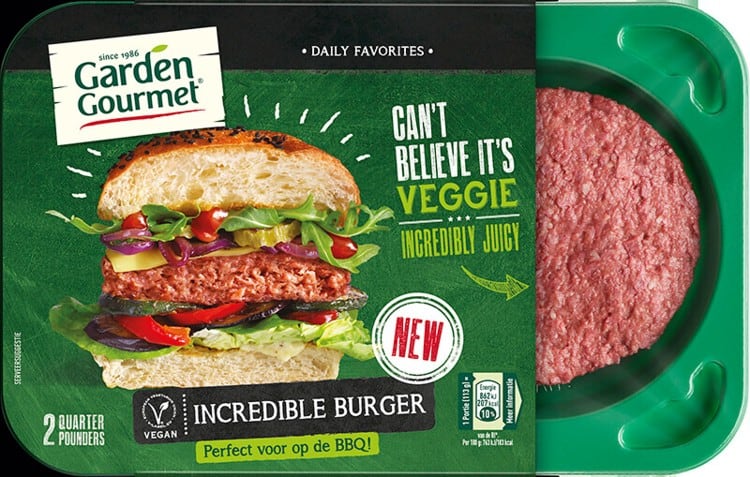
When Nestlé confirmed it will pull its Garden Gourmet brand from shelves in the UK – despite booming demand for plant-based products – we asked what this tells us about category trends in the market.
Pressure from an innovative private label sector and intense competition from other brands have made the competition for retail shelf space intense. In a crowded space, it can be difficult to stand out from the crowd and succeed, even when the category is witnessing strong growth.

Nestlé entered into a deal to use the Starbucks brand in retail and foodservice with the US coffee chain in August last year. Since then, the company has rapidly moved to develop a retail offering.
“In all modesty, the Starbucks opportunity is big, really big. We're seeing massive interest, in particular in the Nespresso and Nescafé Dolce Gusto capsule formats,” the chief executive revealed.
On plant-based foods, Schneider noted the ‘strong’ investor and media interest in the space. While this has created the sense of a boom in the sector, Schneider stressed Nestlé has been ‘working hard to create exciting plant-based food choices’ for a ‘number of years’.
He said this development process came in the context of providing consumers with more choices to ‘enjoy more flexible and broad-based diets’.
“It is not about advocating a departure from animal-based proteins,” he stressed.

Givaudan opened its new ‘flagship’ innovation centre in Switzerland in 2019. To mark the occasion, FoodNavigator caught up with Louie D’Amico, head of the group’s flavours division, to learn about the company’s innovation priorities.
“Our flagship Zurich innovation centre will accelerate global efforts to create differentiated and sustainable flavour, taste, and fragrance solutions for the food and beverage and consumer packaged goods industries,” flavours chief D’Amico explained. “It’s a place where Givaudan is innovating and developing state of the art technology with a strong focus on naturals, health and wellbeing, and sustainability.”

2019 was hailed as an important year for the sustainable food industry, which was buoyed by the rising tide of concern over health, authenticity and environmentalism.
Consumer interest in products marketed as being better-for-you or better-for-the-planet continue to gain mainstream traction.
FoodNavigator brought you five trends that were expected to impact the sector in 2019 – and now look likely to have an important role in 2020 and beyond.
- #1 – Plant-based movement gains steam
- #2 – Organic food in focus
- #3 – Local sourcing in the spotlight
- #4 – Plastic backlash
- #5 – M&A in sustainable food brands
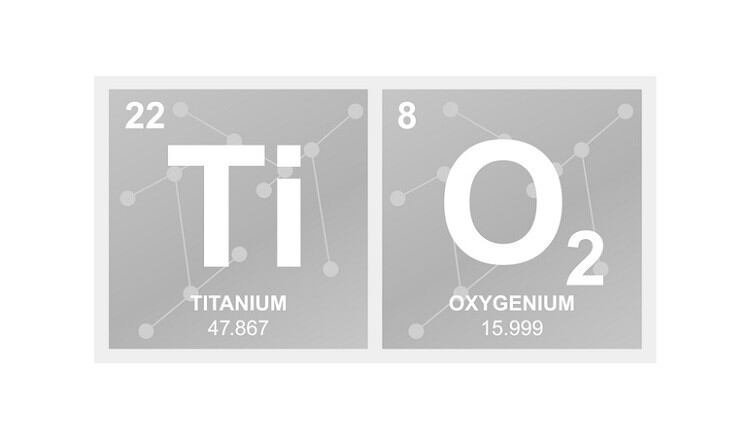
European food safety regulators re-iterated the conclusion that titanium dioxide is safe to eat in 2019 – but a fresh study warned its consumption could have negative consequences for your gut bacteria.
Concerns over its safety persist, prompting France to announce plans to ban the additive in food products from January 2020. According to France’s health and safety agency (ANSES), a lack of evidence guaranteeing the safety of titanium dioxide informed the decision.
While EFSA rejected this conclusion, the agency did acknowledge that there are some “data gaps”.
Meanwhile, fresh research out of Australia suggested that E171 may have a “substantial and harmful influence on human health”. It found that consumption of food containing E171 has an impact on the gut microbiota, which could trigger diseases such as inflammatory bowel diseases and colorectal cancer.



